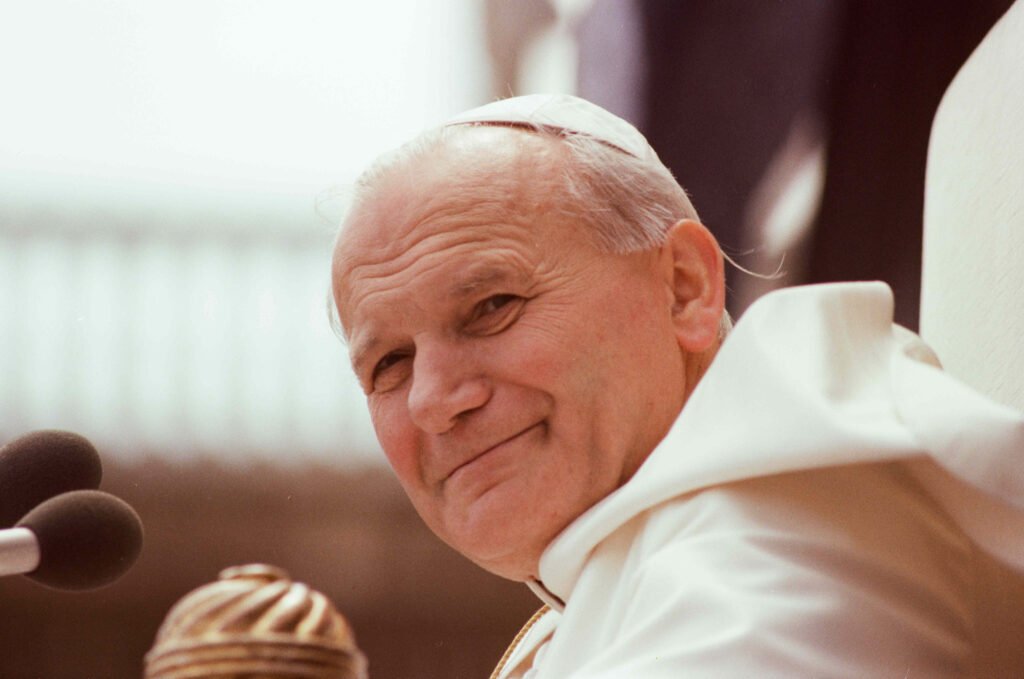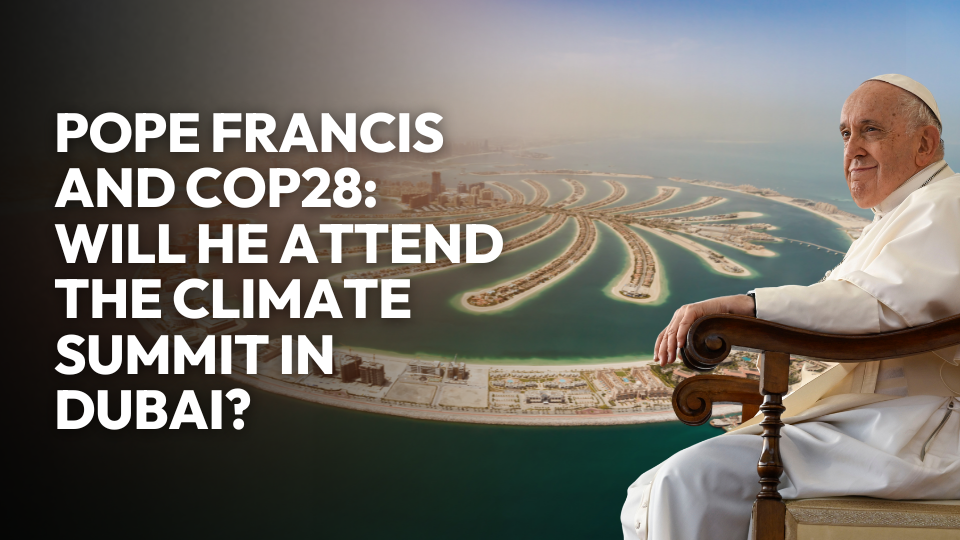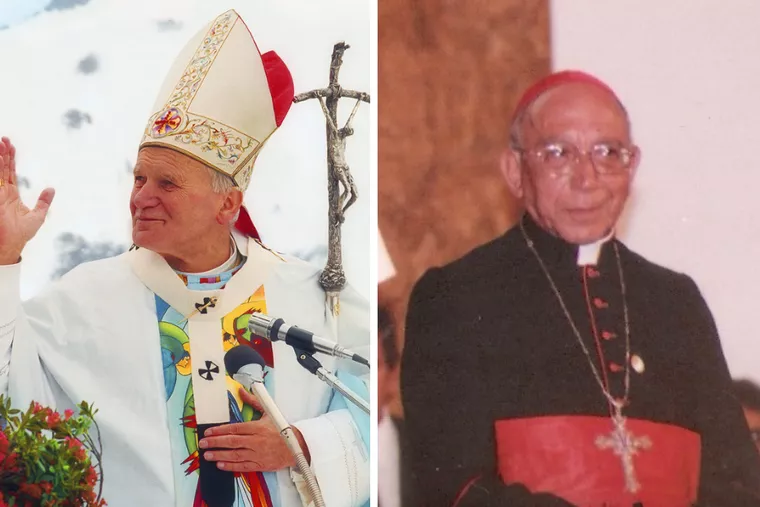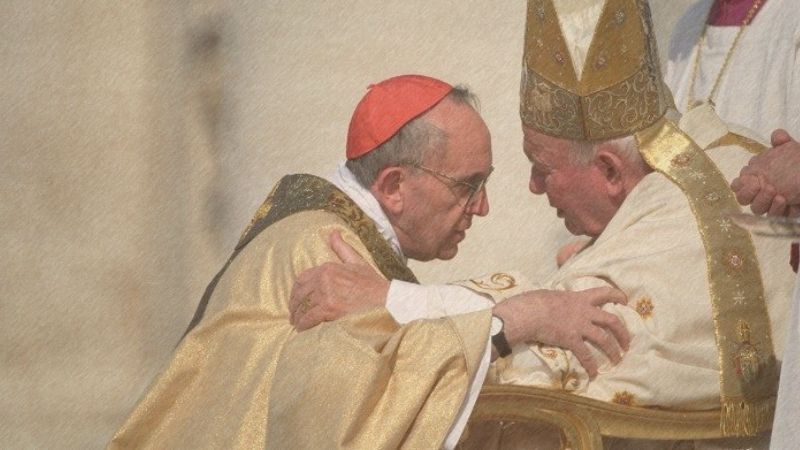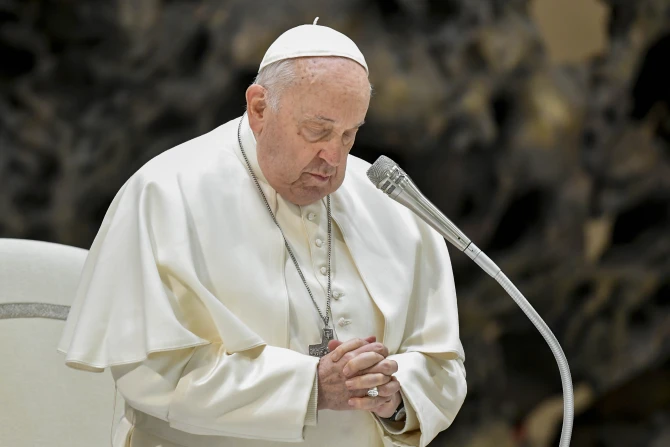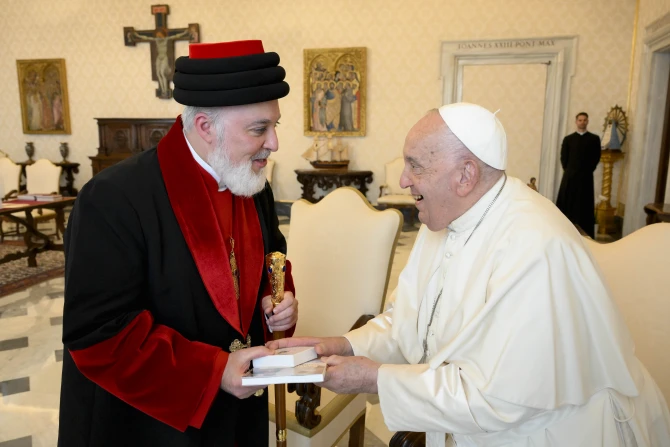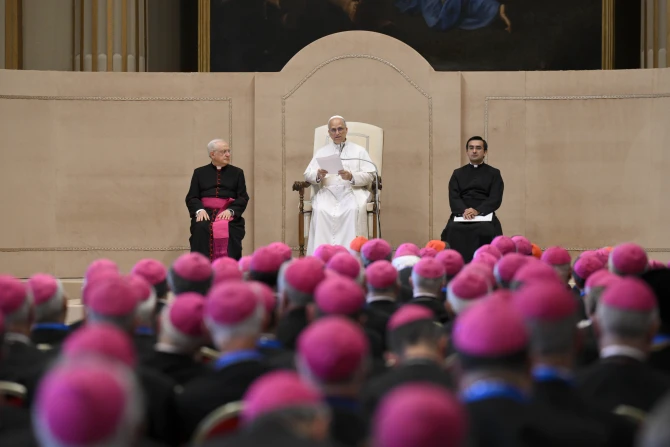The Beginning of John Paul II’s Pontificate
On October 16, 1978, at 6:18 p.m., white smoke from the chimney of the Sistine Chapel announced the election of Cardinal Karol Wojtyła as the new Pope of the Catholic Church. Born in Wadowice, Poland, on May 18, 1920, Wojtyła chose the name John Paul II, in honor of his predecessor, John Paul I. The future pope came from a devout Polish family, and after earning a doctorate in theology in Rome, he became chaplain and eventually archbishop of Krakow. He was appointed cardinal by Pope Paul VI in 1967, distinguishing himself at the Second Vatican Council for his contribution to the Constitution Gaudium et Spes. When the cardinals elected him as St. Peter’s 264th successor, Wojtyła became the first non-Italian pope in 455 years.
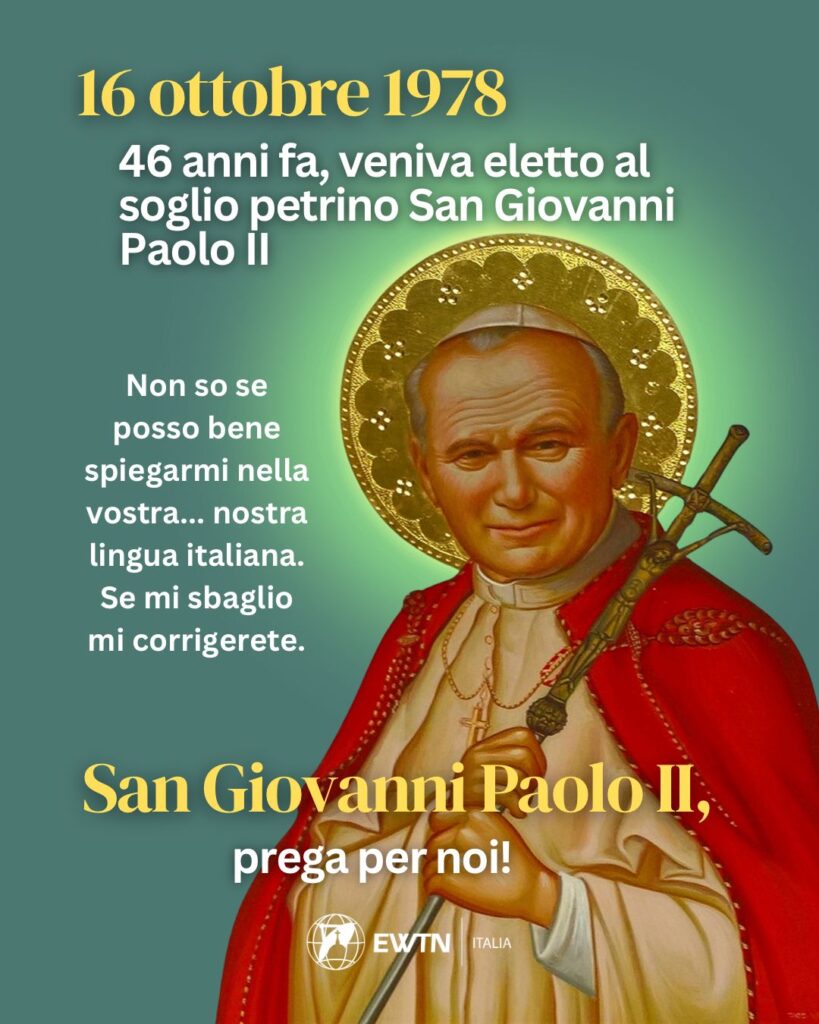
John Paul II: The Pontiff of the Missions and the Youth
John Paul II officially inaugurated his Petrine Ministry on October 22, 1978. During his nearly 27 years of pontificate, he distinguished himself for his missionary spirit, making 104 trips abroad and 146 to Italy. This fervent missionary commitment enabled him to meet millions of people around the world. His love for young people was manifested through the establishment of World Youth Days, events that drew immense crowds of young people from every corner of the planet. John Paul II, known for his charisma and enthusiasm, succeeded in inspiring a new generation of Catholics, inviting them to open their hearts to Christ.
During his pontificate, he also promoted the World Meetings of Families, emphasizing the importance of the family as the foundation of society and the Christian faith. His attention to the family and young people left a deep mark, helping to strengthen the bond between the Church and the new generations.
Papa Giovanni Paolo II fu eletto papa nella giornata di oggi del 1978.
— EWTN Italia 🇮🇹 (@EwtnItalia) October 16, 2024
San Giovanni Paolo II, prega per noi!
.#16ottobre #SanGiovanniPaoloII pic.twitter.com/uHAkGrqHxH
John Paul II’s Legacy and Impact on the Church and the World
John Paul II has always upheld the importance of freedom and human dignity. During a visit to the United Nations in 1995, celebrating the organization’s 50th anniversary, the Pope reiterated that only in a climate of freedom can humanity prosper. As Bishop of Rome, he personally visited 317 of the city’s 333 parishes, a sign of his deep connection with the faithful of his diocese.
John Paul II also promoted the Catechism of the Catholic Church, a compendium that collects and illuminates Church doctrine in the light of the Second Vatican Council. His tireless dedication to the Church’s mission culminated on April 2, 2005, when he left this world for “the Father’s House” during the Octave of Easter and Divine Mercy Sunday. More than three million pilgrims flocked to Rome to pay homage to his remains, some of them waiting up to 24 hours to enter St. Peter’s Basilica.
John Paul II continues to be remembered as the Pope who was able to unite the world in faith, with a message of love and hope that still resonates among Catholics and the faithful around the world.

